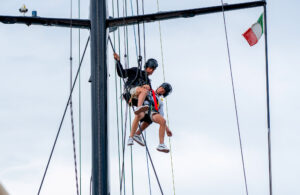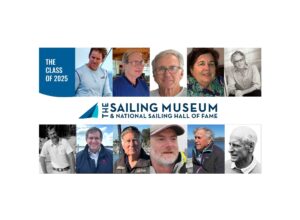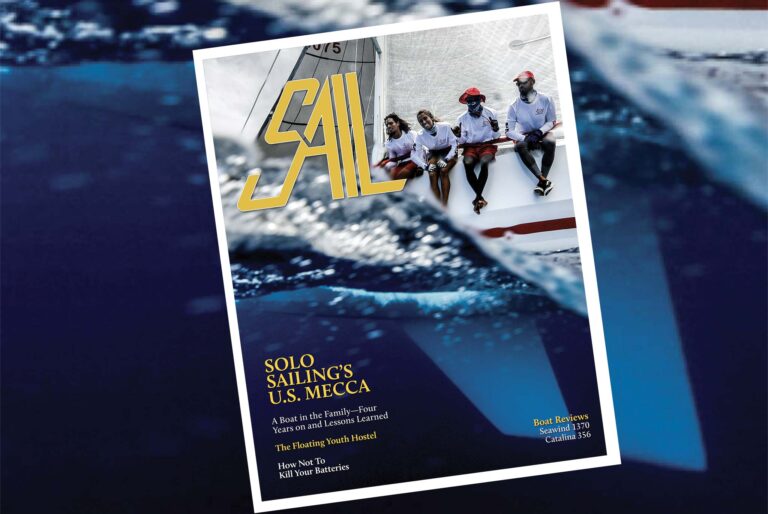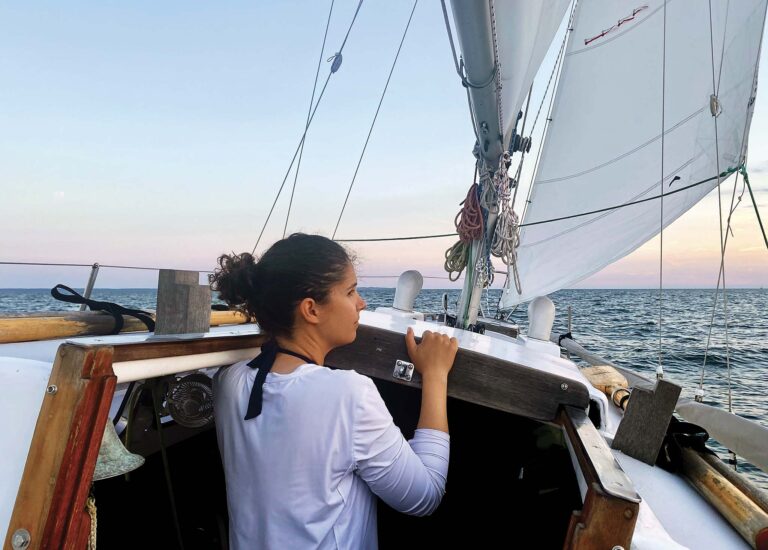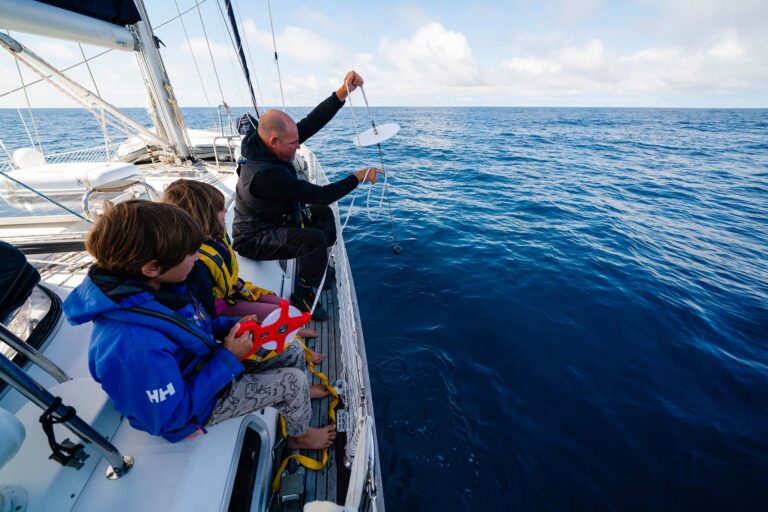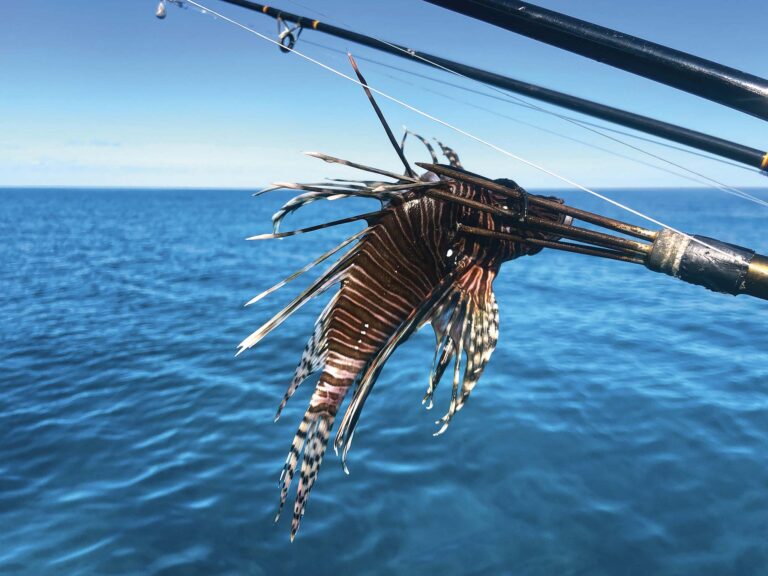One beautiful August evening last summer we were sailing to meet friends in the Canadian Gulf Islands when the wind died. The tidal current just happened to be at peak ebb on Boundary Pass, so we furled the sails and fired up the engine. Because we were already late for our slip reservation, and we still had to clear Canadian Customs, motoring was a no-brainer. Peak ebb around the lighthouse point on Stuart Island, in the San Juans, can set you back faster than you ever went forward under sail—been there done that—so we set a new course and powered into the chop.
Halfway across Boundary Pass my daughter, Ellie, called from below, “Hey Dad, what’s that buzzing sound?”
“I can’t hear it, honey, you tell me!”
In fact, I was too preoccupied with our temperature gauge to give “a buzzing sound” much thought. The needle on the gauge had climbed well past 200 degrees, something it had never done before, and black smoke was pouring out the exhaust. There seemed to be plenty of water flowing through the cooling system, so it wasn’t the raw water pump. The engine was working hard, but this was nothing new. What could be causing us to overheat?
“I think I found it,” Ellie yelled. “The wire’s loose so it’s not making good contact. I think it’s an alarm!”
Great. The alarm. Now what?
When we tied up at the customs dock ten minutes later, the alarm was making enough racket to shatter an eardrum. I turned off the engine, grabbed our passports and asked my wife, Brenda, to call the marina at Poet’s Cove for a slip for the night. “We aren’t going anywhere.”
“You mean we can’t make dinner in Otter Bay? It’s so close!”
“The skipper invokes the Harrington Rule,” I said, walking off, “and you don’t fudge on the Harrington Rule!”
Hank Harrington loved boats, all kinds of boats, sailboats, canoes, drift boats, anything that floated. When he wasn’t teaching English Lit at the University of Montana in Missoula, he was sailing on Flathead Lake, or working on his cabin on Wild Horse Island, or building the beautiful catboat he planned to sail to the Queen Charlotte Islands when he retired. We first met across a poker table not long after he and his wife arrived in Missoula from the East Coast in the now distant 1970s. Years and careers went by, so bumping into him on a dock in the San Juan Islands decades later was a great surprise. He had just launched his beautiful catboat, and after he showed me around (glowing with well-deserved pride) we made an opened-ended date to go sailing.
Later, when his boat was hauled out of its slip and put up on blocks the following spring, word on the dock was that Hank and his wife had been killed in a car wreck. After the shock wore off, I called a good friend in Missoula who told me the real story, the one that formed the basis of what became the Harrington Rule.
That autumn, Hank and his wife decided to spend Thanksgiving on Wild Horse Island before she flew to California to take care of her ailing father. The morning they got up to leave for the airport, a front moved in and kicked the lake into a white froth. After they loaded their gear and two dogs into the runabout, Hank couldn’t get the outboard to start. So, with plane tickets in hand and time running out, they transferred their gear and dogs into the canoe and started paddling for shore, a mile away.
Their bodies were found three days later, washed up on the island. In his book, Deep Survival: Who Lives, Who Dies, and Why, Laurence Gonzales examines situations just like the one Hank and his wife faced. Gonzales shows how deaths result from a “cascade of failures” that occur when people make imprudent or reckless decisions based on unrelated, external circumstances. Hank knew boats. He knew the canoe was unsafe in those conditions, but the need to get to the airport trumped good judgment. Like all of us, he had gotten lucky before, so he rolled the dice. How many of us have done the same thing, rolled the dice—dozens of times—and gotten away with it?
Lucky for me, Hank and the rule we named in his honor—“Do not allow external circumstance to compromise your common sense”—were fresh in my mind when I hopped off my boat that evening. The next morning, after changing the raw water impeller, I discovered that a fuel return hose had rotted through, and my bilge was full of diesel fuel. With a super-heated engine, Nehan was a bomb waiting to explode.
So thanks to the Harrington Rule, we’d interrupted an almost inevitable “cascade of failures.” We miss ya, Hank, and we all owe ya one.
Got a good story? We want to see it. Send it to [email protected]
Illustration by Jan Adkins


